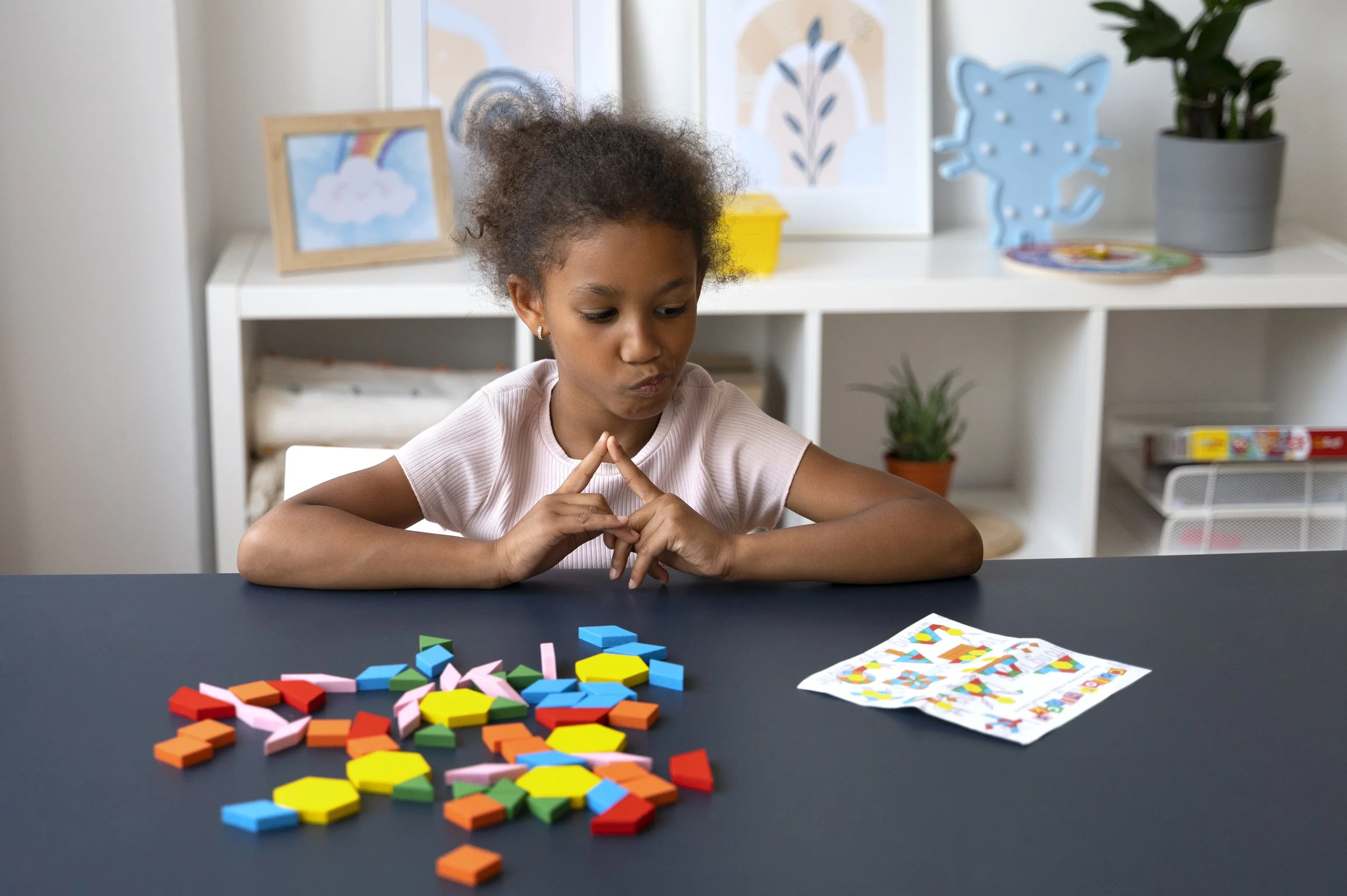10 Reasons Why Experiential Learning Is Beneficial .
Experiential learning is more than just a buzzword — it’s a powerful approach to education that puts young people in the driver’s seat of their growth. Experiential learning is simply the process of learning by doing. This method was introduced by psychologist and educational theorist David Kolb.
It involves learning from experience which helps students gain knowledge by using a more hands-on approach. Instead of passively absorbing information, children engage in hands-on experiences that encourage curiosity, critical thinking, creativity, and problem-solving. Here are 10 reasons why experiential learning matters:
Learning Becomes Memorable
Children remember what they experience. When kids build, explore, or lead, they retain lessons more deeply than through lectures alone. Using walking as an example, a baby learns to walk by simply getting up and trying. Their experience of falling and taking successful steps leads to an understanding of what works and what doesn’t.
2. Boosts Engagement
When students actively participate—whether building a solar oven or budgeting for a mock store—they’re fully present. Engagement soars because they see the direct impact of their actions.
3. Builds Critical Thinking
Experiential tasks present unpredictable challenges. Learners must analyze, adapt, and problem-solve on the fly—skills that textbooks alone don’t promote.
4. Encourages Collaboration
Group projects like community gardens or theater productions teach teamwork, communication, conflict resolution, and how to value different perspectives. Sharing responsibilities and ideas also creates a sense of belonging for each child.
5. Promotes Confidence
Completing a hands-on project—from building a science project to crafting metal sculptures—builds children and gives tangible proof of capability. This “I did it!” moment boosts self-esteem.
6. Relates Learning to Life
When kids manage a mock budget, they see how math and financial skills translate to everyday decisions—like saving for a bike or planning a family dinner, or by organizing community events, kids learn practical skills that apply outside the classroom.
7. Fosters Creativity
Open-ended projects encourage experimentation. Whether designing a mural or inventing a water filter, learners stretch their imaginations and innovate.
8. Encourages Reflection
Experiential learning is cyclical: do, reflect, apply. This creates a more personal connection in the learning process as students analyze how their actions and the outcomes. They can also see how other student’s results compare to their own, and also learn how their outcomes might be achieved using the same actions in different situations.
9. Accommodates Diverse Learners
Hands-on methods appeal to visual, kinesthetic, and social learners. By tapping different senses and learning styles, experiential programs boost inclusivity.
10. Prepares for Real-World Challenges
The workforce prizes adaptability, collaboration, and problem-solving—all core to experiential learning. Early exposure equips youth to navigate tomorrow’s career landscape.
Ultimately, experiential learning shapes confident, empathetic, and innovative thinkers ready to make meaningful contributions to society. Experiential learning can only be incorporated by introducing more project-based learning and arranging more off-site school trips that offer new experiences. At Beulah Bunch, our camps weave experiential activities into every day—from financial literacy simulations to community mural projects—ensuring that learners don’t just know about the world, they know how to change it in their own way.

